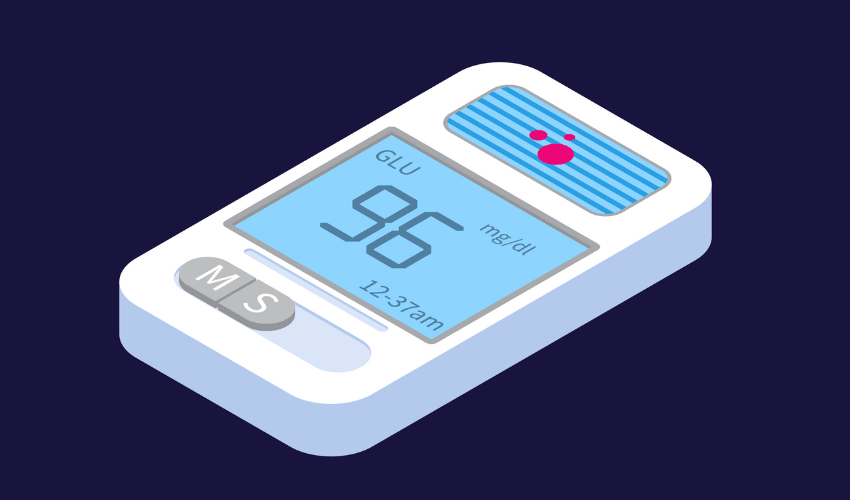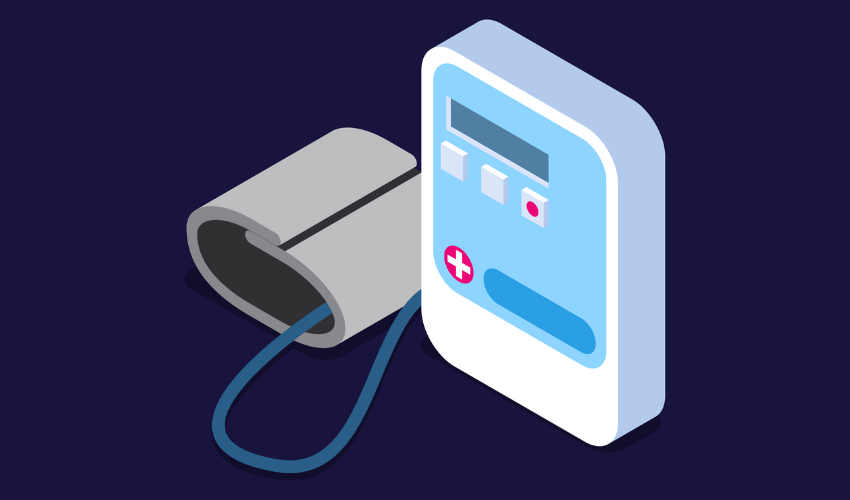Healthcare IT Outsourcing: Strategic Decisions for Medical Companies
In the digital age, the application of technology in health is a trend, which makes the healthcare IT outsourcing market more vibrant than ever
However, deciding what strategic decisions to outsource are questions that many hospitals or medical companies need to put on the table.
VNEXT Global will help to make it clear in this article!
1. Healthcare IT outsourcing: Pros and cons
Healthcare IT outsourcing is the practice of contracting out some or all of the information technology functions and processes to an external provider.
Healthcare IT outsourcing can help medical companies to reduce fixed costs, improve efficiency, access specialized skills, and focus on their core competencies. However, healthcare IT outsourcing also involves some challenges and risks, such as data security, quality control, regulatory compliance, and vendor management. Therefore, medical companies need to make strategic decisions when choosing to outsource their IT functions and selecting the right partner in a developing healthcare IT outsourcing market.

2. Some examples of healthcare IT outsourcing
- Outsourcing the development, implementation, and maintenance of electronic health records (EHRs), which are digital versions of patients' medical histories and records.
- Outsourcing the management, hosting, and security of cloud-based IT infrastructure, which enables data storage, access, and sharing across different devices and locations.
- Outsourcing the design, testing, and deployment of mobile health applications, which provide health information, services, and communication to patients and providers via smartphones or tablets.
- Outsourcing the integration, analysis, and visualization of big data, which involves collecting, processing, and interpreting large volumes of structured and unstructured data from various sources.
- Outsourcing the application of artificial intelligence (AI), which involves using machine learning, natural language processing, computer vision, and other techniques to automate tasks, enhance decision making, and improve outcomes.

3. Three strategic decisions related to healthcare IT outsourcing
-
Cost-efficient Healthcare Software Development: In-house or Outsource?
The main benefits of an in-house team are that you have more control over the project, regarding communication and collaboration, knowledge and skills of your staff, and you can build long-term relationships and loyalty with your developers.
To some extent, it can be more expensive than outsourcing, when you have to deal with recruitment, training, salaries, benefits, taxes, office space, equipment, and other overhead costs. In general, outsourcing software development can help you reduce operating costs, compared to hiring an in-house team.
However, this does not mean that outsourcing healthcare IT is always cheaper than in-house development. The actual cost difference depends on several factors such as the size and complexity of the project, the location and experience of the developers, the quality standards and requirements of the software, and the type and level of outsourcing (e.g., onshore vs offshore vs nearshore; staff augmentation vs dedicated team vs project-based). Business owners have to weigh the pros and cons of each option and decide what works best for your specific project goals, budget, timeline, and quality expectations.
-
Which IT functions and processes to outsource and which to keep in-house
Medical companies need to assess their current and future IT needs, goals, and capabilities todetermine which IT functions and processes are core to their business. For example, some medical companies may choose to outsource their IT infrastructure, such as cloud services, data centers, or network management, while keeping their IT applications, such as electronic health records, clinical decision support, or billing systems, in-house.
Alternatively, some medical companies may choose to outsource their IT development, such as software design, testing, or deployment, while keeping their IT maintenance, such as updates, patches, or security, in-house. The decision to healthcare IT outsourcing or not will depend on various factors, such as cost, quality, efficiency, innovation, security, compliance, and control.
-
Which outsourcing model to adopt and which vendor to select
Medical companies need to choose the most suitable outsourcing model for their IT functions and processes, based on their scope, complexity, duration, and budget. There are different types of outsourcing models, such as project-based outsourcing , where the vendor delivers a specific IT project within a defined timeframe and cost; managed services outsourcing , where the vendor provides ongoing IT services and solutions under a service level agreement; staff augmentation outsourcing , where the vendor supplies skilled IT personnel to supplement the in-house team; or business process outsourcing , where the vendor takes over an entire IT business process or function. Medical companies also need to select the most appropriate vendor for their IT functions and processes, based on their expertise, experience, reputation, quality, security, compliance, cost-effectiveness, and compatibility.

4. How to manage the outsourcing relationship and performance
Medical companies need to establish clear and effective communication and governance mechanisms with their vendors to ensure a successful outsourcing partnership. Medical companies need to define the roles and responsibilities of both parties regarding the scope, deliverables, timelines, costs, risks, issues, changes, disputes, escalations , reporting , collaboration , coordination , integration , transition , support , maintenance , and termination of the outsourcing contract. Medical companies also need to monitor and evaluate the performance and outcomes of their vendors using key performance indicators , service level agreements , feedback mechanisms , audits , and reviews .
With the development of IT outsourcing for the healthcare industry, it is crucial to choose an appropriate technology vendor to cooperate with. Choosing a good healthcare software development company is not an easy task, as there are many factors to consider. Let’s figure it out in our next articles!
Final Thoughts:
If you are looking for a trusted IT partner for Healthcare IT outsourcing solutions, VNEXT Global is the ideal choice. With 14+ years of experience, we certainly can help you to optimize your business digitalization within a small budget and short time. Currently, we have 400+ IT consultants and developers in Healthcare, Mobile App, Web App, System Development, Blockchain Development and Testing Services. We have provided solutions to 600+ projects in several industries for clients worldwide. We are willing to become a companion on your way to success.
Please feel free to drop us an email when it is convenient for you to have an online meeting to discuss this further. Have a productive day!












